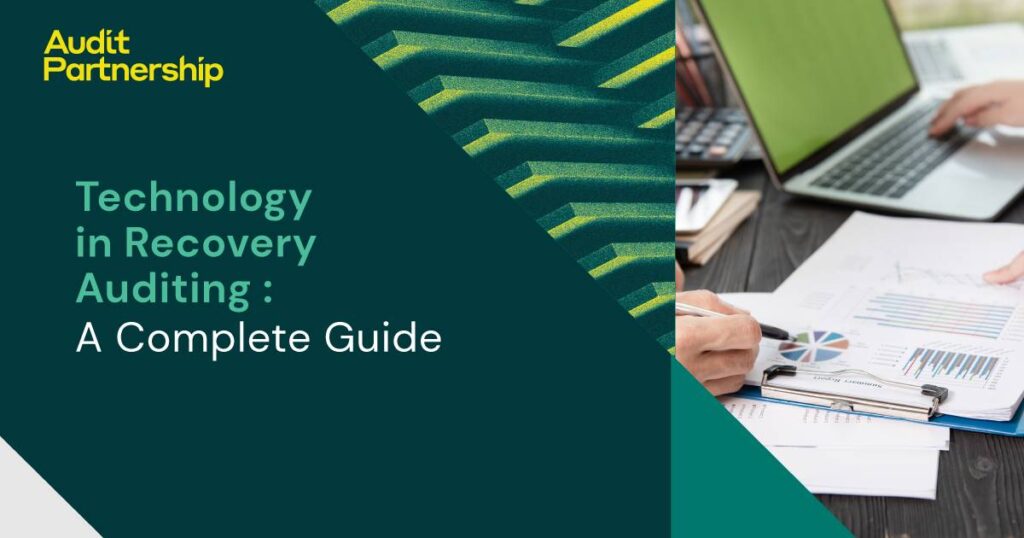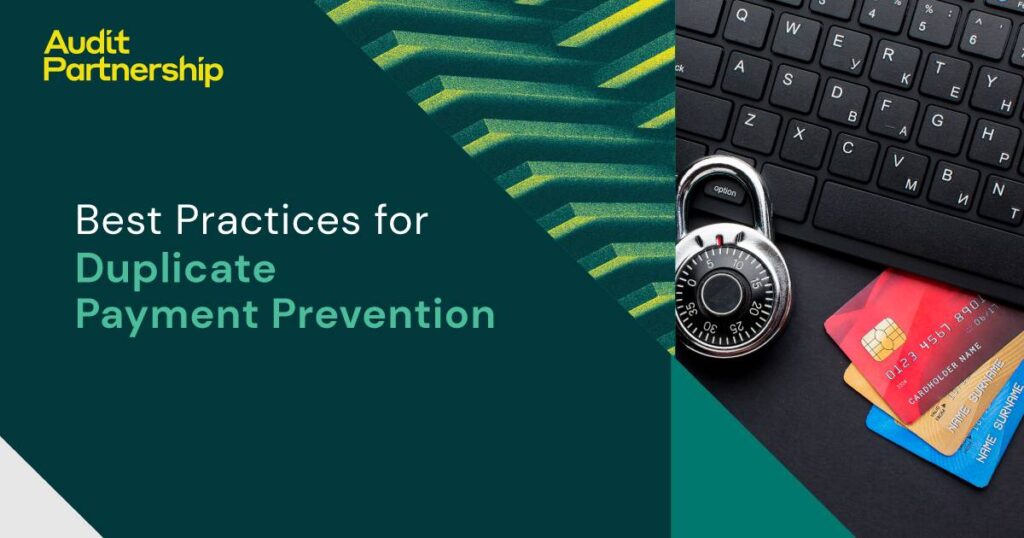Recovery audits have become an important tool for businesses and organisations to identify overpayments from suppliers. In this blog, you will read the importance of contract compliance in recovery audits in more detail.
The Role of Contract Compliance in Recovery Audit
Contract compliance plays a crucial role in any recovery audit process. Recovery audits help organisations identify overpayments made to suppliers, recover money, and ensure exact payment. For a recovery audit to be effective, it is important to thoroughly review the contract terms and conditions agreed upon between the organisation and its suppliers.
This is where contract compliance in the recovery audit comes into play. Analysing compliance with contractual terms and conditions allows recovery auditors to identify discrepancies and overpayments and recover payments more efficiently.
Contract compliance helps recovery auditors validate charges, prices, and other payment terms according to the signed contracts, enhancing the scope and delivery of recovery audits.
Explore more on “What is Contract Compliance” by just clicking.
Why Is Contract Compliance Important in a Recovery Audit?
Contract compliance is a critical component of effective profit recovery audits. When conducting recovery audits, it is essential to thoroughly review contractual agreements between the organisation and its suppliers to identify any discrepancies or missed revenue opportunities.
Contract compliance in a recovery audit refers to ensuring that suppliers are adhering to the terms and conditions outlined in their contracts. Contractual terms, such as pricing, volume commitments, and rebates, can often be the source of significant revenue leakage if not properly enforced.
By ensuring strict adherence to contract terms, organisations can recover substantial sums that would have otherwise been lost.
Furthermore, maintaining contract compliance helps to strengthen supplier relationships and mitigate the risk of future revenue losses. Integrating contract compliance into the audit process is a key strategy for maximising the impact of profit recovery efforts.
How Does Recovery Audit Firm Use Contract Compliance?
The contract compliance audit process begins with a thorough review of the relevant supplier contracts, variations, and appendices. The recovery audit firm collects all necessary data, which may involve working directly with the supplier to obtain information not readily available. This data collection phase allows the auditors to fully understand the contractual terms and conditions.
Next, the recovery audit firm conducts a detailed analysis to identify any areas of non-compliance. This could include issues such as improper labour classifications, excessive markups, duplicate charges, or missed discounts and rebates. The audit team then quantifies the potential recoveries that could be achieved by bringing the supplier into full compliance.
The findings are presented to the client’s business owners, who review and sign off on the proposed recoveries before they are submitted to the supplier. This collaborative approach helps maintain positive supplier relationships while unlocking the financial value of the contract.
Ultimately, the contract compliance audit serves as a powerful tool to ensure suppliers are invoicing in strict accordance with negotiated terms. By identifying and recovering overpayments, organisations can improve cash flow, secure future savings, and gain valuable insights to strengthen supplier management.
Get the best recovery audit services from Audit Partnership
Audit Partnership is one of the leading providers of profit recovery audit services. We have extensive expertise in conducting compliance-focused recovery audits for various industries. Our dedicated contract compliance specialists thoroughly analyse contracts and invoices to identify overpayments.
We work closely with clients to establish best practices, address compliance gaps, improve processes, and maximise recoveries. With us, you can be assured of an end-to-end recovery audit delivered as per global standards.
Conclusion
Contract compliance plays a pivotal role in any recovery audit process. Thoroughly analysing adherence to contracted terms and conditions allows recovery auditors to validate payments and identify overpayments.
This enhances the scope and effectiveness of recovery audits. Outsourcing recovery audits and contract compliance to specialised firms like Audit Partnership can help recover significant revenue.
Just get time to explore our Linkedin page as well: @auditpartnership
Frequently Asked Questions (FAQs) – Contract Compliance in Recovery Audit
1. Why is contract compliance important for recovery audits?
Contract compliance establishes the baseline for auditors to validate charges and payments. It helps auditors determine correct and incorrect payments objectively by reviewing adherence to agreed terms in the contract.
2. Can overpayments occur due to unintentional errors?
Yes, suppliers may unintentionally overcharge the organisation if the contracts between the parties are not followed properly. Contract compliance checks help prevent such unintentional revenue leakage for the organisation.
3. How can organisations benefit from outsourcing recovery audits?
Outsourcing to specialised firms allows organisations to recover significant revenue. It also ensures that compliance experts conduct audits according to global standards.
4. How does contract compliance help identify overpayments?
Non-compliance to rates, terms, etc., in contracts could point to potential overpayments. Overpayments often occur due to a lack of adherence to contracted terms over long periods. Compliance reviews help uncover such recurring errors and discrepancies.
5. What are the key advantages of recovery audits?
The key advantages include identifying overpayments, recovering money, ensuring exact payments as per contracts, establishing best practices, enhancing process compliance and preventing revenue leakage for organisations.







